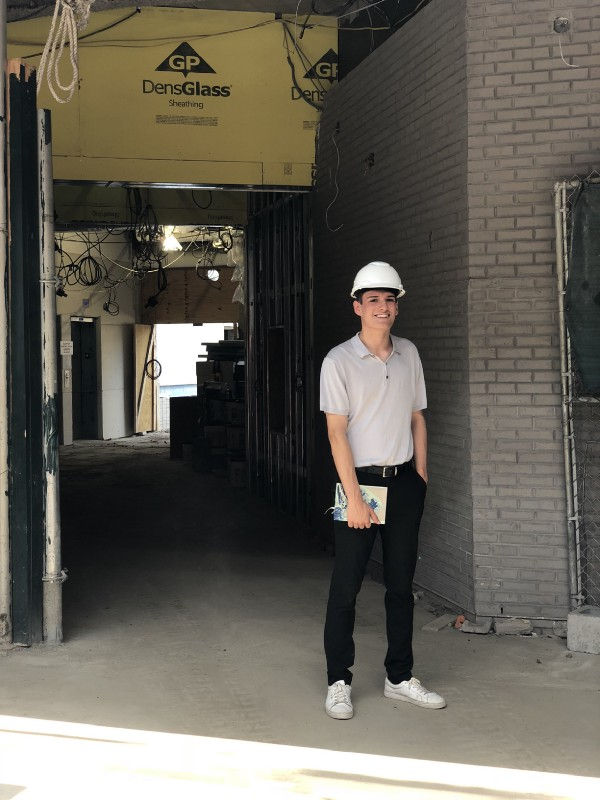Appreciating Privilege
- Dec 28, 2015
- 3 min read
By C.J. Tighe, John Carroll University (2016)
For 8 weeks this past summer, I gratefully accepted an offer to intern for the Shepherd Higher Education Consortium on Poverty. I was placed to intern at the Fan Free Clinic in Richmond Virginia. During this internship not only were my previous perceptions of healthcare challenged, but I met some people that would further propel my desire to work as a healthcare professional. I had various roles at the Fan Free Clinic on a day to day basis. I had no idea the impact that this internship could have on me. Though the internship showed me only a glimpse of what life is like living in poverty, I learned a great deal about those struggles that anyone living underneath the poverty line has to endure daily.

C.J., JCU (2016), interned at the Fan Free Clinic in Richmond in 2015.
The Fan Free Clinic includes a medical clinic, a health outreach program, a mental health facility, and a food pantry. I was privileged to work with the medical clinic and the health outreach program. On certain days, I was transported to different resource centers where my supervisors offered free HIV testing to the community while other volunteers and I walked around and passed out contraceptives. We walked through the public housing projects, door to door and gave contraceptives to the community. We offered free, confidential HIV testing.
On my second day at the clinic I was called to help in the financial screening office. I had to break the news to a man that we could not accept him for healthcare. I hated telling him, “no.” This was the first time I realized a large problem in healthcare. This man was hardly making enough to support his family but was making too much to be accepted for health care at our clinic. After a few weeks, I learned of other clinics that serve people who fall in those gaps. This was news to me. I have always thought that there was truly no provider option for the impoverished. Being at the clinic showed me that that is not the chief problem.
The biggest impediments to healthcare for impoverished persons are not lack of clinics. There is a problem in relying on public transportation to get there. There is also a problem with people being able to read and understand the services offered to them. There are problems with educating patients regarding the importance of being testing for HIV. There are good clinics available and incredible people working in those clinics to make a difference in people’s lives. We need better transportation and provision for public health information.
I noticed several things during my internship. I learned the dire need for good people but I also learned that there are incredible places like the Fan Free Clinic that offer services that I had no idea were available to people in poverty. I perceived no difference in the way that the nurse practitioners in the public health clinic treated the patients from the quality of treatment in private healthcare. The care was consistently of high quality. My eyes were opened, however, to other privileges that I had taken for granted. I saw the struggles with transportation and access to public health information that confront poor persons and families every day. The healthcare systems we need are available and striving to make a difference for impoverished people. It is good to know that there are health care professionals available who are willing and able to improve the health and quality of life for others. We now need provision for public transportation and education that will make access to this quality care readily available.



